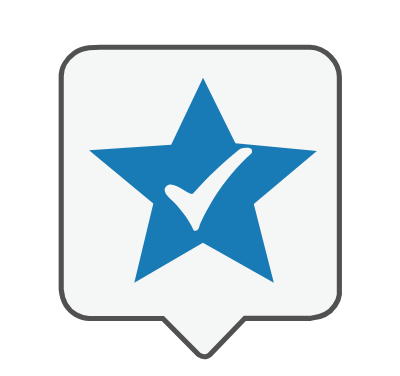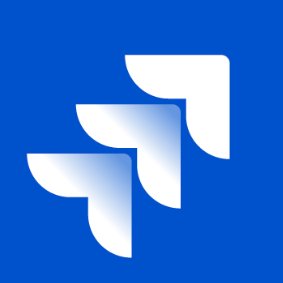Bootstrapping To $1M ARR By Building Something I Needed
Hello! Who are you and what business did you start?
Hi everyone, my name is Mark Thompson and I am the co-founder of PayKickstart. I started the company back in 2016, completely bootstrapped, in order to create a better way for businesses to sell online.
Our flagship product, PayKickstart, is unique shopping cart and affiliate management solution, which helps subscription-based businesses, accept payment, maximize recurring revenue, and increase customer lifetime value.
We’ve recently broke $1MM in ARR and have doubled in size year-over-year.

What's your backstory and how did you come up with the idea?
Since becoming an online Entrepreneur back in 2009, I have created over 25 different digital products and sold over $20 million dollars of various training/coaching programs and software. Needless to...



































